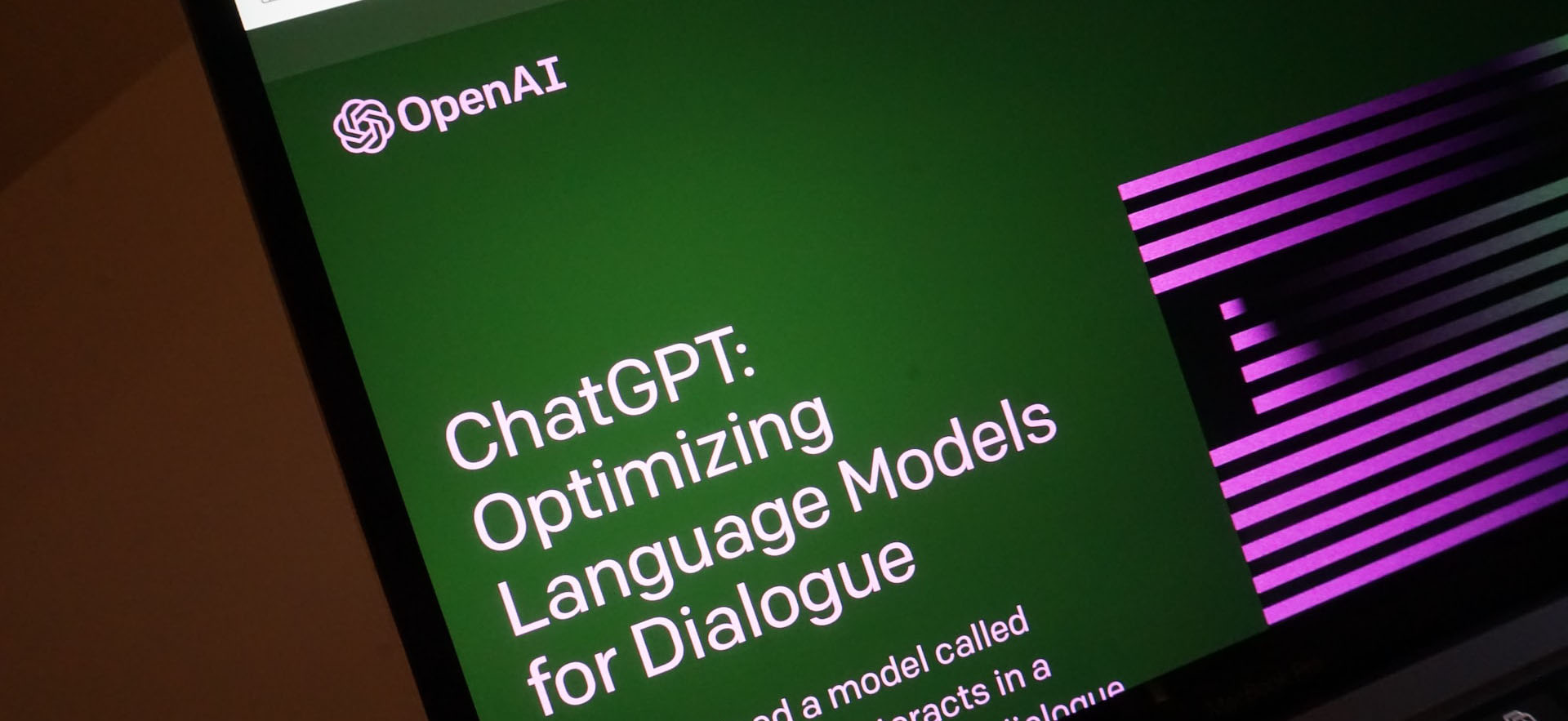-1.jpg)
If you’re reading this blog, then you are reading the work of an endangered species: the copywriter. It’s looking like I’ve only got a few years left of earning a living by writing marketing content, before my job gets swallowed up by technology, automation and artificial intelligence, like so many others before it.
No more holidays. No more trips to the pub. No bright future for my children. Just me, a journey to the Job Centre… and when I reach retirement age, probably one of those jobs at B&Q that they give to older men.
But if you feel sad for me after reading of my professional demise, then don’t… because it isn’t true. To paraphrase Mark Twain: “The report of the copywriter’s death is an exaggeration.” And the reason it isn’t true is right there at the beginning of this very paragraph: it’s because you feel something when reading “human-derived” content, or at least you should.
Robots can’t create emotion, yet
To demonstrate why human copywriters still have plenty going for them, even in the age of automation, we used an AI content creation platform to generate a blog on this very subject. The following is the opening paragraph that it came up with:
“Artificial Intelligence (AI) is the buzzword of the decade. It seems like every industry is looking to leverage AI in some way, shape, or form. But what does this mean for thought leadership and content marketing? Is AI something that all content marketers should be getting behind, or is it more hype than anything else? Let’s dive into the world of AI and see what it can, and what it definitely can’t, do for content marketing.”
Now, there is absolutely nothing wrong with that piece of writing in principle. I would describe it as ‘cromulent’, a word that the writers of The Simpsons invented, meaning something that is fine and acceptable and no more than that (it’s also a word that they successfully got into the dictionary). In pure content terms, the paragraph is correct and relevant, but it does absolutely nothing to engage the reader’s interest and build any sort of emotional connection or relevance.
And that is where AI content creation falls short: it can tell you all about something, but it can’t make you care about it.
But I can. In this blog alone, I’ve engaged your interest by bringing in a personal angle and making you feel sorry for my impending unemployment (or at the very least, I’ve attempted to). I’ve introduced some humour with the idea of me working at B&Q as a pensioner - which, by the way, is a terrible idea because I’m awful at DIY. I’ve even given you a sense of history and nostalgia with a famous quote and by referencing a classic piece of The Simpsons. AI does not, and at least for the time being, cannot do those things.
The idea of shoehorning B&Q, Mark Twain or The Simpsons into a piece of work wouldn’t even enter its artificial mind. And even if it did, it wouldn’t know how or where to use them in ways that readers would understand and appreciate. Perhaps if it had experienced the hell of trying to buy creosote from B&Q on a Bank Holiday Monday, it might. (Oh look, some more humour!)

AI
AI is unoriginal
But that isn’t where AI’s content writing inadequacies end. Particularly when it comes to thought-leadership, there’s another gaping hole in AI’s copywriting abilities. AI content creation works by ‘reading’ other pieces of content that already exist on a given subject and generating copy on that basis. While that may be acceptable if your only goal is ranking on Google, if you truly want to become a known thought leader in your space, regurgitated content won’t cut the mustard.
AI work is inherently unoriginal - it’s essentially copying existing work, after all. So how can your business possibly be considered a thought leader if your content is based on AI-sourced ‘thoughts’ that others have expressed already?
Of course, this isn’t to say that AI doesn’t have its uses in the wider context of content marketing: it can help you personalise user experiences, optimise campaigns, and help you scale your marketing efforts. And while it can’t create compelling content, it can be used to pull together the basic information for content, which a human writer can then expand on to create engaging thought leadership material.
But if you think that AI is the way forward specifically in creating inspiring content for your target audiences, think again. Because for all its advantages, such as rapid copy generation and not working with a hangover, it can’t match the emotion, inspiration and creativity that flows from the inside of my head.
Which means there’s no orange B&Q apron waiting for me just yet.
Take that, AI.



.jpg)